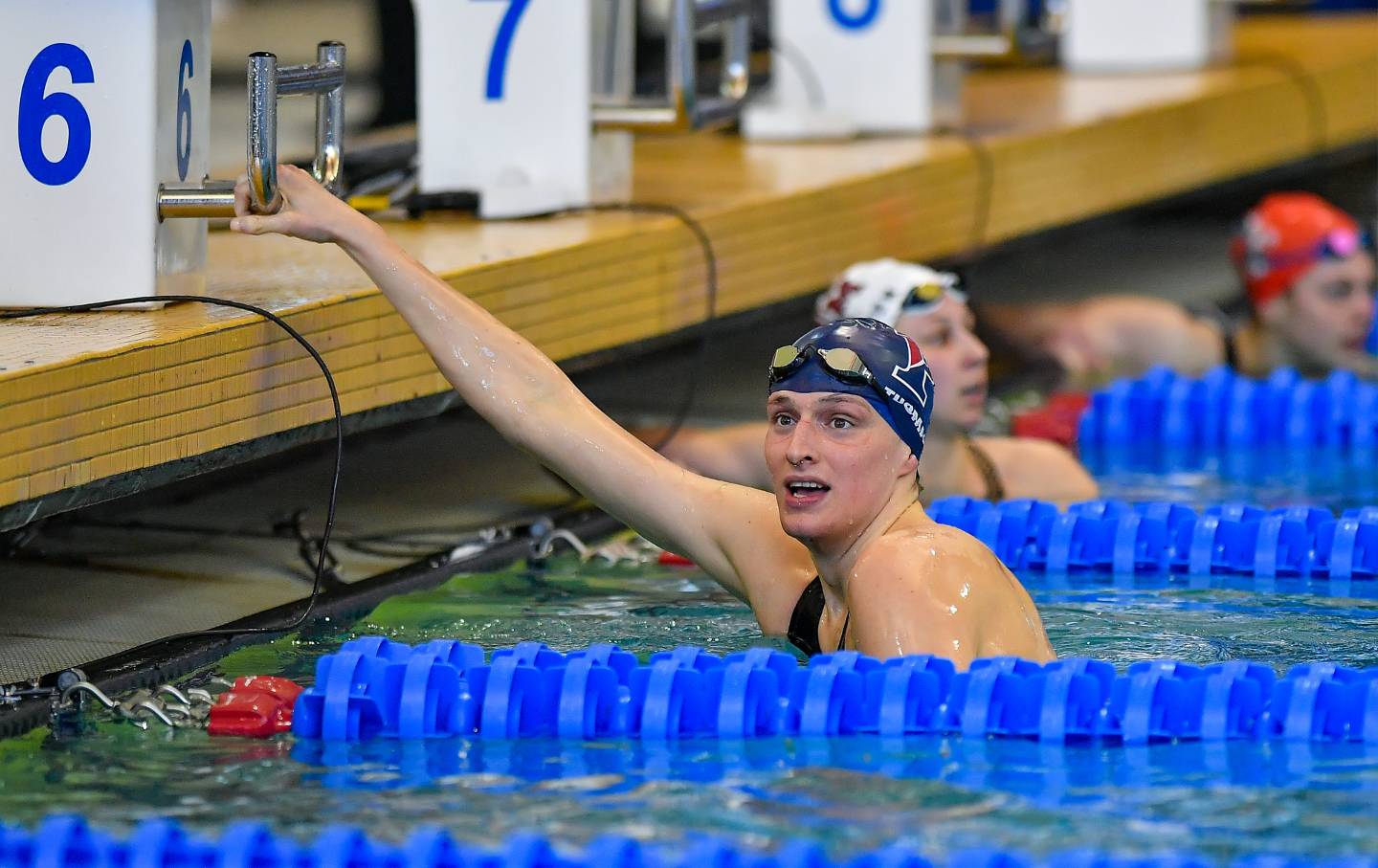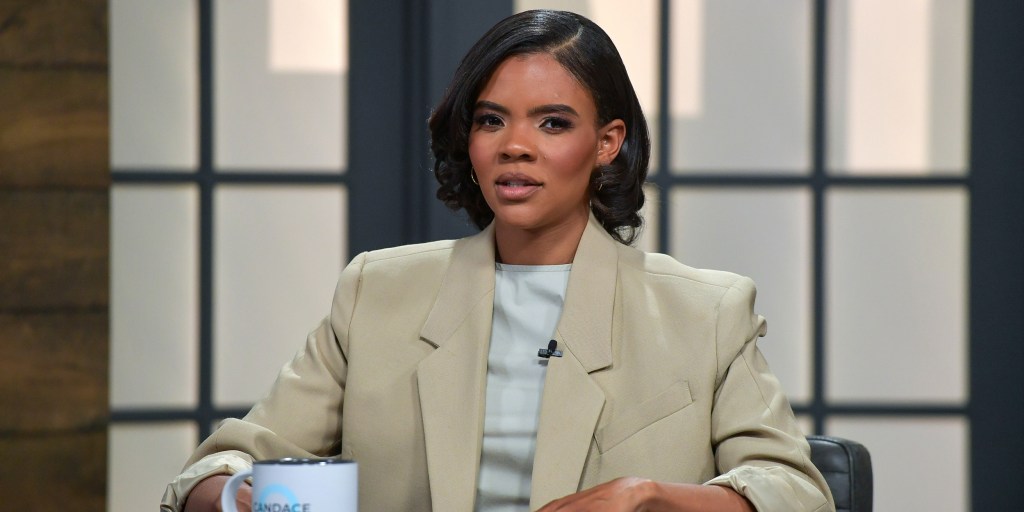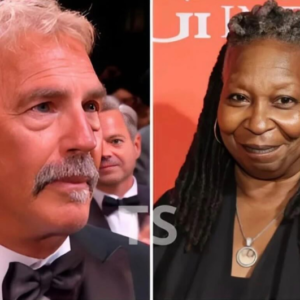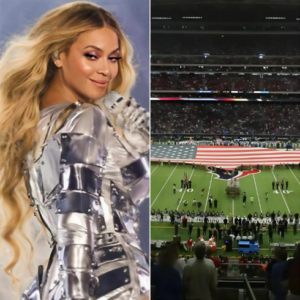In a bold and controversial move, conservative commentator Candace Owens has made a decisive request to a major university, demanding that Lia Thomas be banned from competing in women’s sports. Owens, who has long been outspoken on issues surrounding gender and fairness in athletics, asserts that Thomas’s participation in women’s swimming is not only unfair but undermines the integrity of female sports. The statement has sparked widespread debate across the political spectrum, reigniting a contentious conversation about transgender athletes in competitive sports.

Lia Thomas, a transgender swimmer who made history as the first openly transgender woman to win an NCAA Division I national championship, has been the center of controversy ever since her breakthrough success. Critics, including Owens, argue that Thomas’s biological advantages, particularly her size and strength, create an uneven playing field against cisgender women. Owens’s request to the university to bar Thomas from competing is grounded in her belief that allowing transgender women to compete in women’s categories compromises the concept of fair competition.
“Transgender women, particularly those who have undergone male puberty, have undeniable physical advantages over biological women,” Owens said in her statement. “It’s not about hate or discrimination—it’s about fairness. Women have fought for decades to have their own space in athletics, and it should stay that way.”
The call for a ban has reignited the fierce debate over transgender athletes and their right to compete. On one side, proponents of transgender inclusion argue that everyone should have the opportunity to compete in sports regardless of their gender identity, asserting that sports should be more inclusive. They argue that the criteria for athletic success go beyond just physical advantages and include talent, determination, and technique.

On the other hand, Owens and others who oppose transgender women competing in women’s sports point to what they perceive as the inherent inequality of the situation. They argue that the biological differences between men and women—such as muscle mass, lung capacity, and bone density—give transgender women an unfair advantage that cannot be overlooked. Owens’s stance has garnered strong support from those who feel that women’s sports should be protected from the intrusion of athletes who have undergone gender transition.
The debate has also spilled into the political sphere, with some lawmakers proposing bills that would ban transgender women from competing in women’s sports. These proposals have been met with backlash from LGBTQ+ advocacy groups, who argue that such measures are discriminatory and harmful to transgender individuals. The issue is complex, as it involves a balancing act between ensuring fairness in competition and protecting the rights of transgender individuals to live and compete according to their gender identity.

Owens’s request has put her at odds with many in the progressive community, who see her stance as transphobic and harmful to the transgender community. Critics have accused her of using the issue as a political tool to stoke division and promote her conservative platform. However, Owens remains steadfast in her position, maintaining that her concern is rooted in the need for fairness and equality in sports.
“Women’s sports should be a space where women, who have worked tirelessly to reach the highest levels of athletic achievement, can compete on an equal footing,” Owens continued. “We cannot allow biological males to take those opportunities away from them.”
For Lia Thomas, the situation is a delicate one. As an athlete who has faced both immense challenges and criticism, she has continued to compete at a high level, pushing for greater inclusion and recognition of transgender athletes. Thomas has maintained that she should be allowed to compete in women’s sports based on her gender identity, despite the ongoing controversy surrounding her participation.

The university and the athletic governing bodies are now faced with a challenging decision. As the conversation around fairness, inclusion, and gender in sports continues to evolve, the debate over transgender athletes remains one of the most divisive issues in contemporary sports.
As Owens’s call for action gains momentum, it’s clear that the conversation around transgender athletes in women’s sports is far from over. Whether or not universities and sports organizations will take steps to restrict participation remains to be seen, but one thing is certain: the issue of fairness in athletics will continue to be a battleground in the years to come.





